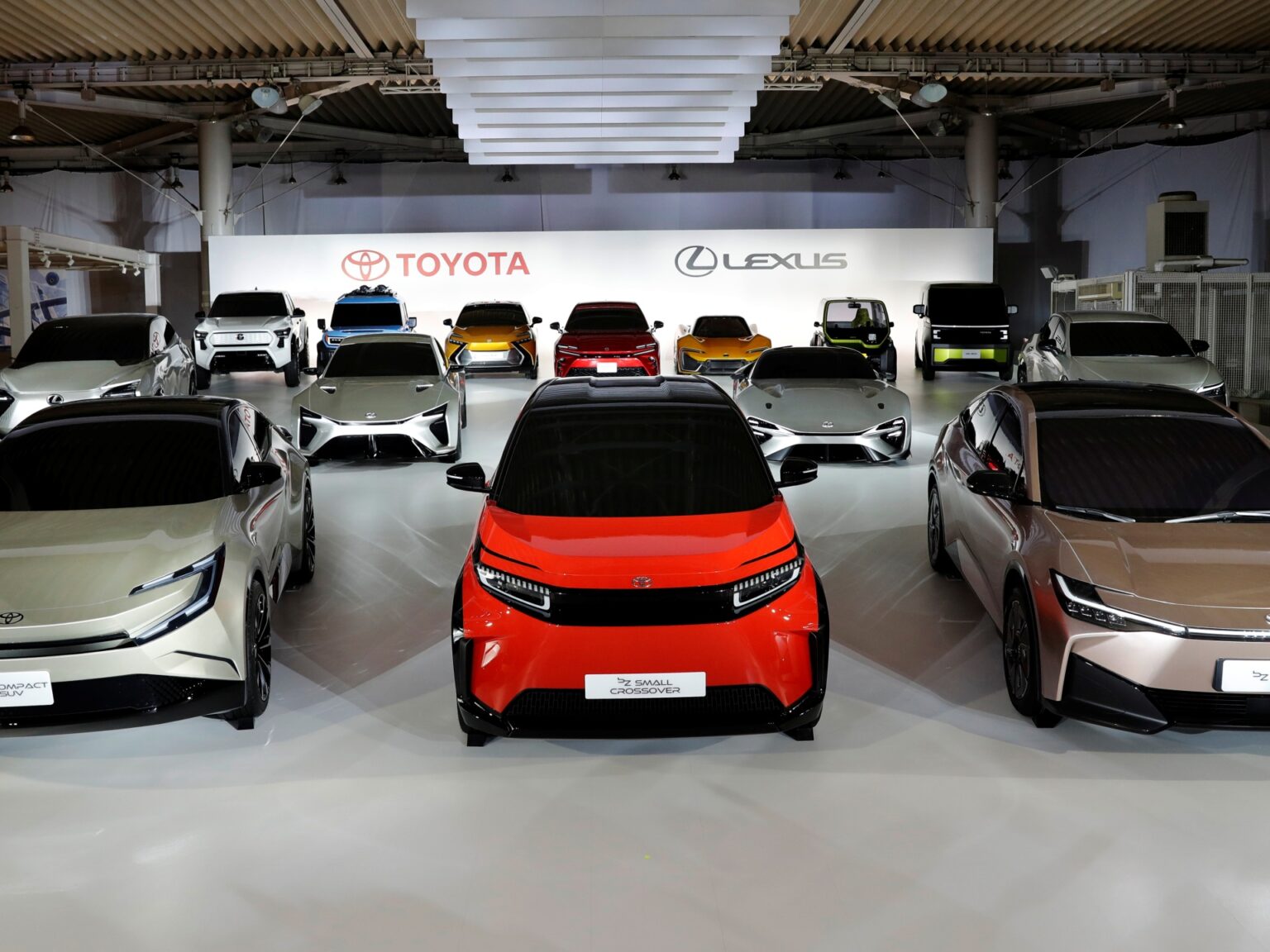Global Courant 2023-05-29 11:28:36
Taipei, Taiwan – According to a new report from Greenpeace, the world’s top automakers are producing an estimated 74 million tons of carbon dioxide a year due to the industry’s failure to decarbonise its steel supply chain.
The auto industry relies heavily on steel as a major manufacturing material, and the top 16 automakers used an estimated 39-65 million tons of steel by 2022, the environmental advocacy group said in the report.
Toyota, the world’s largest automaker, used 6.3 million tons of steel in 2022 alone, followed by Volkswagen with 5.2 million tons and Hyundai-Kia with 5.2 million tons, according to the report released Thursday.
That dependency has come at a cost to the planet, according to Greenpeace, because of the large amount of carbon emissions in the process, pushing global temperatures ever closer to the 1.5 degrees Celsius (2.7 degrees Fahrenheit) threshold, climate scientists say. disaster.
“Automakers are sending us into climate catastrophe by not decarbonizing their steel supply chains,” said Wenjie Liu, senior analyst for Greenpeace East Asia.
“Automotive steel has a huge environmental footprint, but major car manufacturers such as Hyundai, Volkswagen and Toyota have not disclosed their steel emissions. We need automakers to both use less steel and drive the transition to low-carbon steel production.”
Steel production produced 573 million tonnes of CO2 last year, about the same annual output as Australia, and its heavy carbon footprint won’t change without more involvement from the auto industry, which consumed 16 percent of global steel last year, Liu said.
In addition to Toyota, Volkswagen, and Hyundai-Kia, the list of companies assessed by Greenpeace includes General Motors, Stellantis, Ford, Honda, Nissan, Suzuki, Geely, BMW, Renault, Mercedes-Benz, SAIC Motor, Great Wall Motor, and Mazda.
None of the companies disclose carbon emissions from steel use and only a handful disclose their annual steel consumption, meaning emissions figures are rough estimates.
The environmental watchdog acknowledged that some companies, particularly European automakers, had made efforts to decarbonise their supply chains, but said their targets remained modest.
More efforts are also needed in East Asia, where 60 percent of the world’s steel production is produced and there are few automaker-led initiatives, Greenpeace said.
“If they are serious about decarbonising, automakers should halve their steel emissions by 2030. The first step is the disclosure of steel-related emissions, but unfortunately we have not seen this happen yet,” said Liu.
“Automakers should also make commitments to buy green steel, which would encourage steelmakers to invest in new technology. In the longer term, automakers need to achieve net-zero emissions in their supply chains, both by using less steel and by making a full transition to carbon-free steel.”
Toyota, Volkswagen, Hyundai-Kia and the other automakers named in the report did not respond to Al Jazeera’s request for comment.




